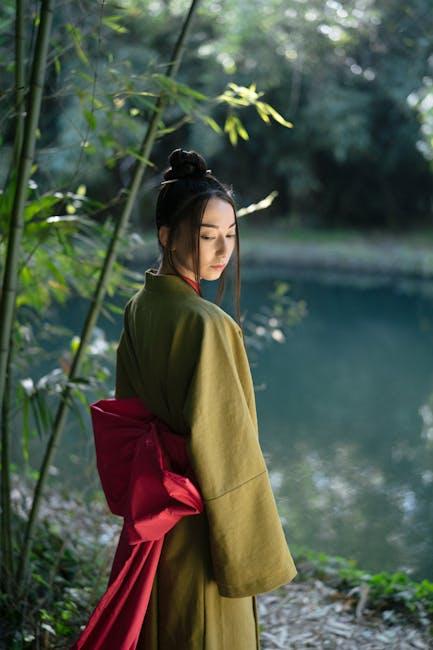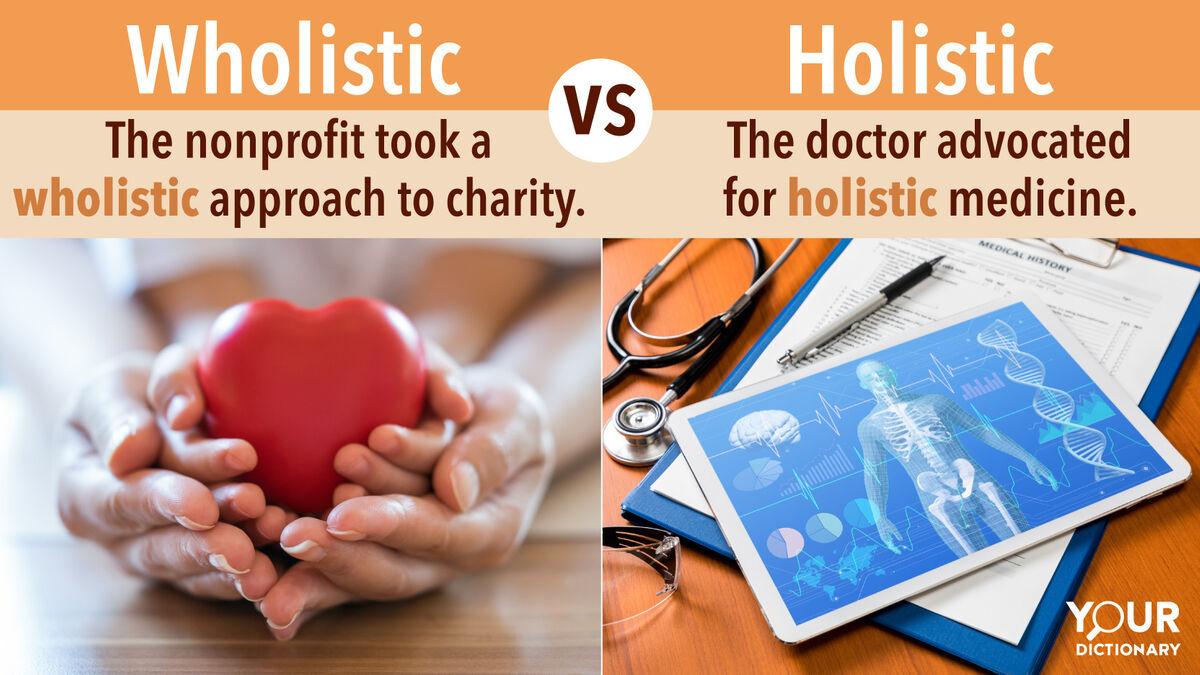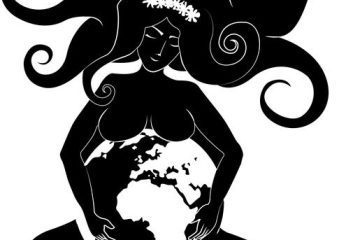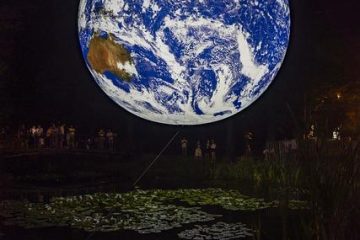Enter a world where the harmonious dance of nature intertwines with the deepest realms of philosophy – welcome to the realm of Gaia Theory. In this article, we will unravel the mysteries and intricacies of Gaia Philosophy Theory, exploring its roots, principles, and significance in our modern world. Join us on a journey of enlightenment and discovery as we delve into the profound connection between the Earth as a living organism and the intricate web of life that surrounds us.
Table of Contents
- Exploring the Core Tenets of Gaia Philosophy Theory
- Understanding the Interconnectedness of Life on Earth
- Implementing Sustainable Practices Inspired by Gaia Philosophy
- Embracing a Holistic Approach to Environmental Conservation
- Q&A
- Final Thoughts

Exploring the Core Tenets of Gaia Philosophy Theory
In the realm of Gaia Philosophy Theory, the interconnectedness of all living beings takes center stage. By delving into this fascinating concept, we uncover the profound notion that the Earth, with all its ecosystems, is a single living entity, nurturing and sustaining life in a delicate balance. This theory prompts us to reconsider our relationship with nature, highlighting the importance of respect, harmony, and coexistence.
Embracing the core principles of Gaia Philosophy, we come to realize the significance of reciprocity between humans and the environment. From the intricate web of biodiversity to the cycles of renewal and regeneration, every aspect of nature plays a vital role in maintaining planetary well-being. Through mindfulness and stewardship, we can cultivate a deeper understanding of our place within this interconnected web and strive to protect and preserve the Earth for generations to come.
| Key Tenets of Gaia Philosophy |
|---|
| Interconnectedness |
| Reciprocity |
| Harmony |
| Stewardship |

Understanding the Interconnectedness of Life on Earth
**The intricate web of life on Earth is a mesmerizing tapestry where every thread is interconnected, weaving a story of interdependence and harmony. From the tiniest microorganism to the grandest of ecosystems, each entity plays a vital role in maintaining the delicate balance of nature.**
**In this interconnected world, the Gaia philosophy theory shines a light on the idea that the Earth is a living, self-regulating organism where all living and non-living components work together to sustain life. Just as our bodies function as a cohesive unit, Earth’s ecosystems, oceans, and atmosphere collaborate in a symphony of existence, nurturing and supporting each other in an endless dance of coexistence and survival.**
Implementing Sustainable Practices Inspired by Gaia Philosophy
involves a holistic approach to environmental conservation and stewardship. By embracing the interconnectedness of all living beings and the planet itself, individuals and communities can strive to achieve harmony with nature. This philosophy emphasizes the idea that the Earth is a self-regulating organism, and by respecting its delicate balance, we can work towards a more sustainable future for generations to come.
One practical way to embody Gaia Philosophy is to reduce single-use plastics and opt for eco-friendly alternatives such as reusable water bottles, bags, and utensils. Additionally, planting native species in your garden or community can help support local biodiversity and create a habitat that is beneficial for various organisms. By embracing permaculture principles and practices, individuals can design and maintain systems that mimic natural ecosystems, promoting resilience and sustainability in agriculture and land management.
| Actions | Benefits |
|---|---|
| Reduce single-use plastics | Less pollution in oceans and landfills |
| Plant native species | Support local biodiversity |
| Embrace permaculture | Promote sustainable agriculture |

Embracing a Holistic Approach to Environmental Conservation
involves recognizing the interconnectedness of all living beings and ecosystems. By adopting Gaia philosophy theory, we acknowledge the Earth as a living organism, where each component plays a vital role in maintaining balance and harmony.
Through sustainable practices, such as reducing waste, promoting biodiversity, and supporting local communities, we contribute to the well-being of the planet as a whole. By understanding that every action has a ripple effect on the environment, we can strive to create a more sustainable and thriving world for current and future generations.
Q&A
—
Q: What is Gaia philosophy theory all about?
A: Gaia philosophy theory is a fascinating concept that views the Earth as a living organism, where all living beings and geological processes are interconnected and form a self-regulating system.
Q: Who is the founder of Gaia philosophy theory?
A: The Gaia philosophy theory was co-developed by chemist James Lovelock and microbiologist Lynn Margulis in the 1970s.
Q: How does Gaia philosophy theory relate to environmentalism?
A: Gaia philosophy theory emphasizes the importance of maintaining a balance between all elements of the Earth system to ensure the well-being of the planet and all its inhabitants. This makes it closely aligned with environmentalism and sustainable practices.
Q: What are some key principles of Gaia philosophy theory?
A: Some key principles of Gaia philosophy theory include the idea that the Earth operates as a complex system that self-regulates to maintain conditions suitable for life, the importance of biodiversity for ecosystem health, and the interconnectedness of all living beings on Earth.
Q: How can individuals apply Gaia philosophy theory in their daily lives?
A: Individuals can apply Gaia philosophy theory in their daily lives by adopting environmentally friendly practices, promoting conservation of natural resources, supporting biodiversity, and cultivating a deep respect for all forms of life on Earth.
—
Final Thoughts
As we delve deeper into the realms of Gaia philosophy theory, we uncover a harmonious symphony of interconnectedness between Earth and all its inhabitants. The beauty of this theory lies in its profound message of unity, reminding us of our responsibility to nurture and protect our planet. Let us embrace the wisdom of Gaia philosophy and strive to create a sustainable future where humanity and nature can thrive together in perfect balance. Join us in this journey of discovery and reverence for the intricate web of life that sustains us all. Embrace Gaia philosophy, and let us walk hand in hand toward a brighter tomorrow.



0 Comments